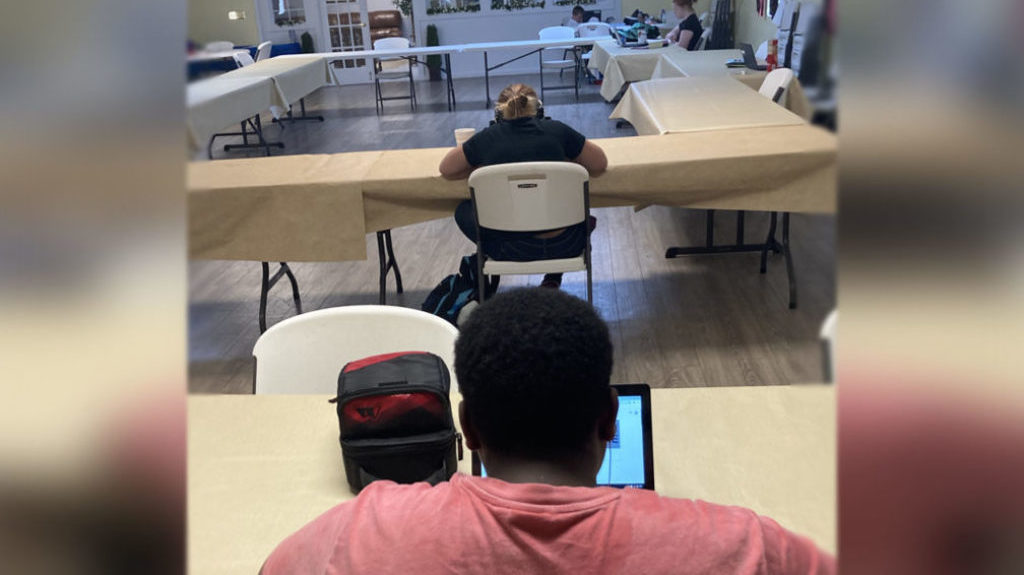In a time when people stay in touch by being beeped, buzzed and instant-messaged, it is easy to overlook the landline telephone as a means of communication.
But churches, mental health and senior centers and other agencies that work with the elderly know the telephone is a critical line of communication for many older adults.
“In our rapidly moving society, sometimes a phone call is more appreciated than a visit,” said Roland Brown, pastor of Golden Springs Baptist Church, Anniston. “It’s a way to let folks who are not well or homebound know someone is thinking about them.”
Even by telephone, Brown said he can often sense the needs a particular member may have and can talk to them about their concerns.
“I can pray with them on the phone, and I can ascertain whether they need more,” he said.
Likewise Sunday School classes often use phone “trees” to spread the word about prayer requests and upcoming events. These calls keep members connected to their class even when they may not be able to attend on Sunday mornings.
Community agencies that work with senior adults use the telephone for “reassurance calls” to keep in touch with people in the community as well.
Alice Rhodes is a volunteer for a senior reassurance line, a service of The Crisis Center in Birmingham.
During her volunteer hours, Rhodes calls senior adults on the center’s list. Many of those she calls are homebound, and they constantly express to her how much it means to them for someone to call.
“Sometimes they give me recipes or they tell me jokes,” Rhodes said. “A lot of times, they talk about their children or the death of a loved one. They tell me about their problems.”
She said the main thing is to let the person talk. Rhodes remembered one woman she called who was down that day because it was her late husband’s birthday.
“She was feeling so lonely, so down. Then she told me about how she met her husband, and we got to laughing, and it helped her a lot that day to have someone to talk to,” she said.
Kelley Hewitt, community awareness coordinator for The Crisis Center, said the main goal of the senior reassurance line is to eliminate social isolation among their older clients. Referrals for the reassurance line come from the center’s crisis hotlines, service organizations and private referrals.
“Many of our clients come to us because people have heard about our program and feel someone they know could benefit from regular phone calls,” Hewitt said.
She said clients on the reassurance list get calls three to four times per week from Crisis Center volunteers. The volunteers establish friendships via the telephone with these senior adults, who love the fact that someone is voluntarily reaching out to them. “They know that if they haven’t heard from someone today, they’ll get a phone call tomorrow,” she said. “It gives them something to look forward to.”
Since social isolation and depression are two major areas of concern in the senior adult population, reassurance calls make sure that someone is staying in contact with older adults.
Randy Frost, Area Agency on Aging director for the East Alabama Regional Planning and Development Commission, said social isolation, especially when coupled with mobility problems, can put an elderly person at risk for depression and even suicidal thoughts (see story, this page).
“When a person loses a spouse or when they have to change their level of social activity for any reason, it’s a big change,” Frost said. “Especially for a person who was very outgoing in their community, that drastic change can put the elderly person in a very vulnerable position.”
He said many senior centers in Alabama, as well as many churches, have telephone reassurance programs to reach out to homebound or ailing community members. “Even though a phone call appears to be a small thing, it has a tremendous impact on reducing their feelings of isolation. It’s amazing how that one phone call a day can make a huge difference in their lives.”





Share with others: